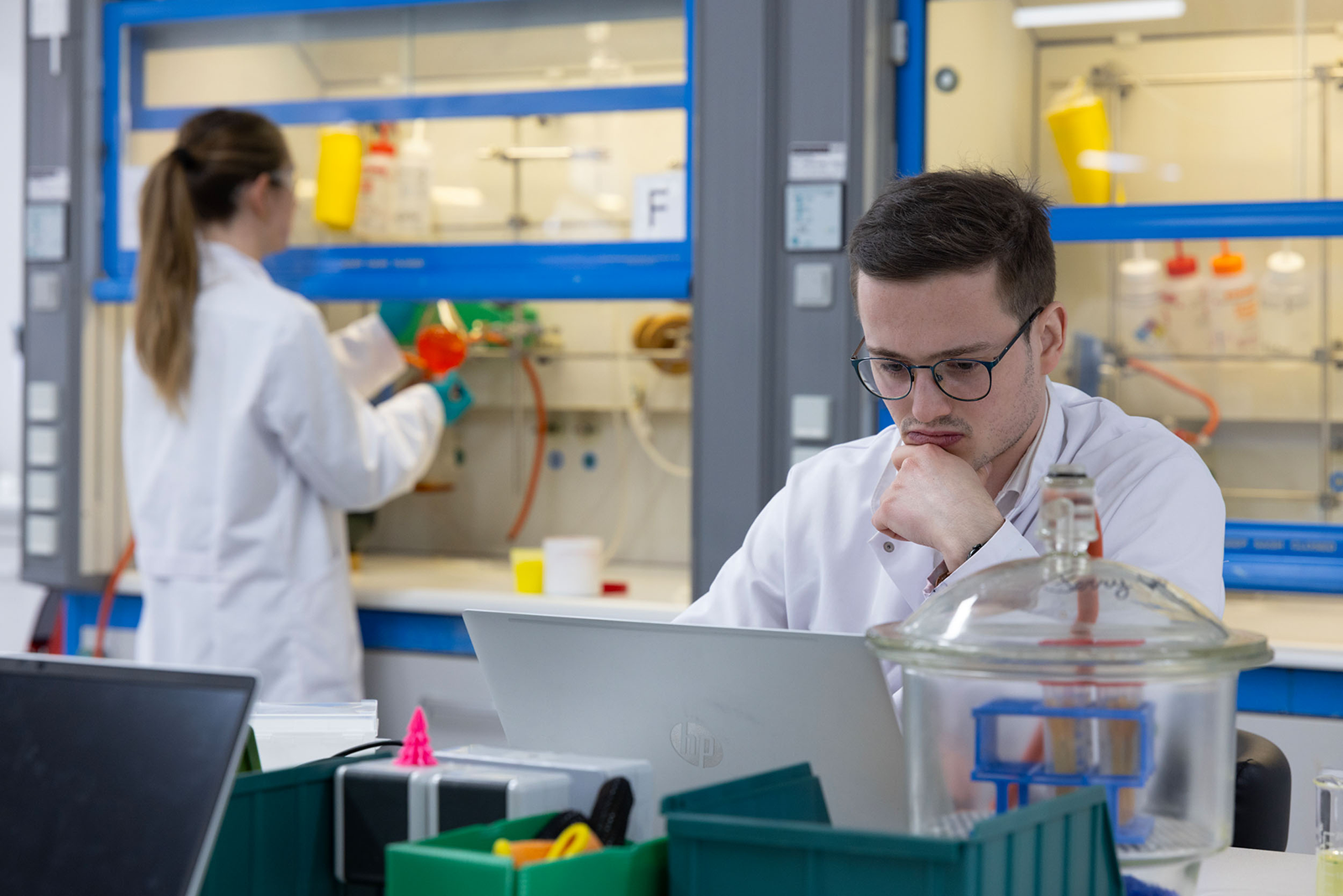Background
The European energy sector is facing a high demand for bioethanol due to governments pushing for a transition from fossil to biobased fuels, targeting sustainable mobility. Fulfilling this demand requires a substantial increase of feedstock and therefore a shift from 1st generation biofuels (from food crops) to 2nd generation (from non-food biomass: residues and wastes).
Whey waste is produced during dairy production, making up 83% of the total dairy waste stream. Historically, whey waste was often disposed of in environmentally harmful ways, leading to water pollution due to its high BOD and COD. Stricter regulations and rising treatment costs have prompted the dairy industry to explore innovative methods.
One such method is fermenting whey waste into bioethanol. However, unwanted minerals like Ca²⁺, Mg²⁺, K⁺, PO₄³⁻, and Cl⁻ must first be removed as they hinder fermentation. Electrodialysis (ED) is a promising method to process whey waste via demineralization and deacidification, using its ion-exchange membranes. ED also adjusts pH, requires no added chemicals, and produces no harmful by-products—making the whey suitable for efficient bioethanol production.
Assignment and activities
1. Literature review and theoretical background
- Understand ED technology and its use in whey permeate treatment.
- Gain insight into ED’s operating conditions and parameters.
- Learn about input streams and their analysis methods.
- Gain basic knowledge about fertilizer and bioethanol production.
2. Whey permeate demineralization trials
- Apply the ED process to remove undesirable minerals from whey permeate.
- Determine optimal operating conditions such as voltage, retention time, and flowrate.
- Combined process optimization from samples to parameters
3. ED output Stream Valorisation
- Characterization of output streams
- Analysis of the chemical composition of the remaining lactose-rich output and extracted minerals.
- Comparison of the chemical composition of the streams before and after ED treatment
- Give a first insight into feasibility for fertilizer and bioethanol production.
- Give a first indication of the economic perspective.
Required Skills and Competencies
- Background in environmental engineering, environmental sciences, chemistry, chemical engineering, sustainability or a related field.
- Interest in membrane separation and valorisation of waste streams.
- Hands-on laboratory experience and familiarity with chemical analysis techniques.
- Experience in data analysis, reporting and presenting research findings.
Internship information
This internship project will last 20 weeks (extension possible) and includes a structured timeline for literature review, experimental work, data analysis and reporting. The project will start around 2025 September .
The internship will be primarily based at MNEXT in Breda, with the opportunity to conduct part of the laboratory work at the facilities of the partnering water technology company near Breda.
Interns will receive a monthly allowance of €350.
Guidance
The intern will be supervised by researchers from MNEXT – Biobased Resources & Energy, with additional knowledge support provided by experts from a waste stream valorisation company and a water technology company. Regular progress reviews and guidance will be in place to support the successful completion of the project.




